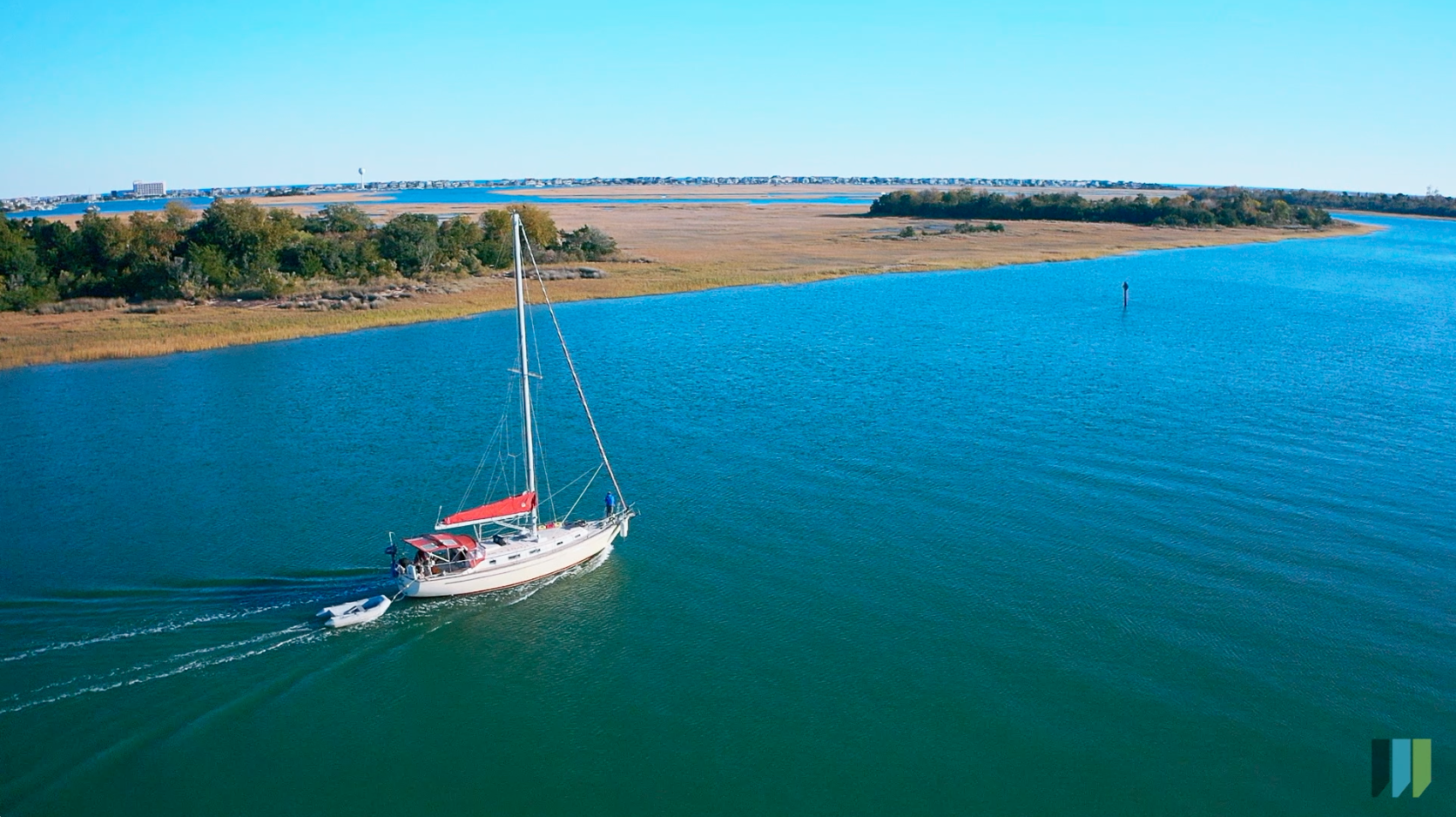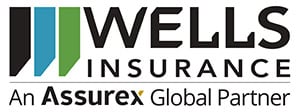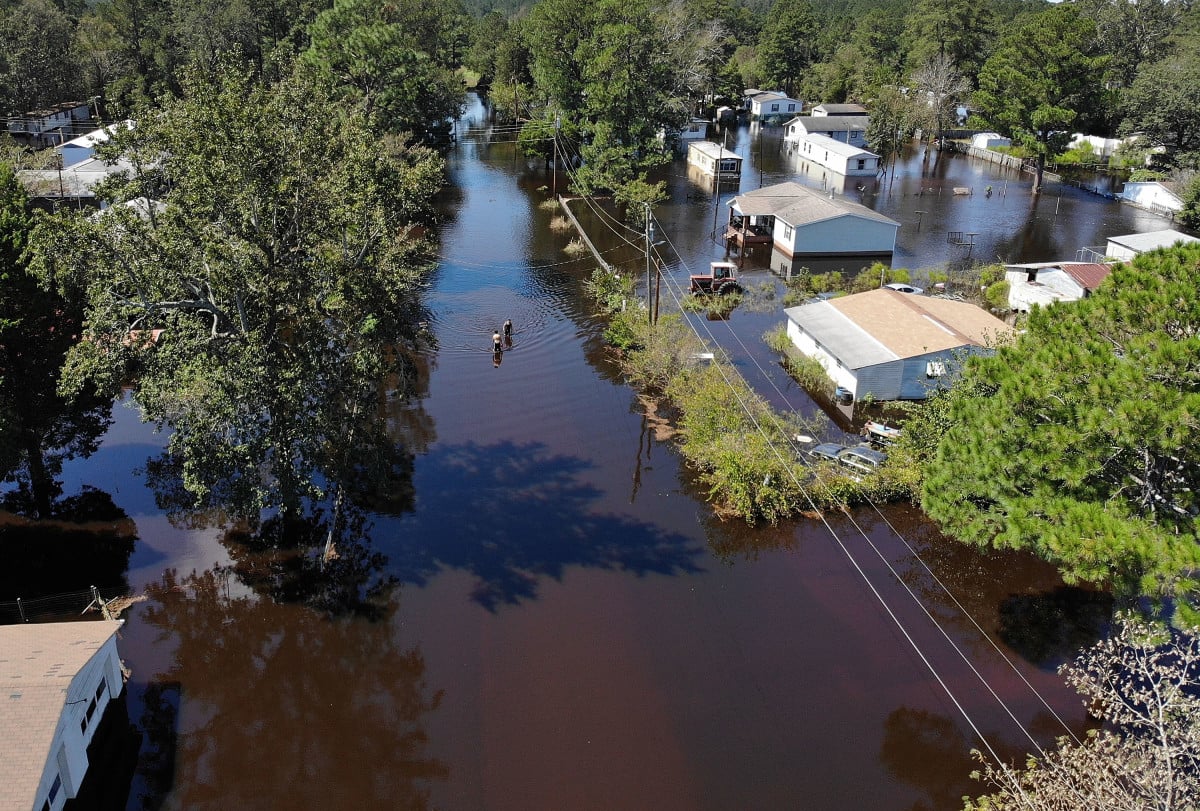What Do I Need To Know Before Boating Down the Intracoastal Waterway

Boating along the Intracoastal Waterway (ICW) can be a beautiful and memorable experience, but it requires preparation and awareness. Here are the top 10 things to keep in mind if you plan on heading south for the winter:
-
Know Your Navigation Rules
The ICW has unique navigation rules and markers to help guide you, especially in narrow channels. Pay close attention to the markers when following the ICW in a clockwise direction starting from New Jersey and heading to Brownsville, Texas, these rules apply: yellow triangles and yellow squares are unique to the ICW. These help you determine which side of the channel to stay on. Yellow triangle should be kept on your starboard (right) side and yellow squares should be your port (left) side and vice versa when heading back up the coast counter-clockwise. -
Stay Alert to Tides and Currents
The ICW runs along both coasts, so tide changes and currents vary. Strong currents can impact navigation and docking, especially in narrow or shallow areas. Check tide charts before you head out and be prepared for shifting conditions. -
Plan for Restricted Bridges
There are numerous drawbridges and fixed bridges along the ICW, with some only opening at specific times. Consult a bridge guide or app for opening schedules, and be patient—it’s common for boaters to wait in line at popular bridge crossings. -
Mind Water Depths and Shoaling
Many parts of the ICW are shallow, especially in channels and at low tide. Check the latest charts for shoaling updates, as channels shift regularly. It’s a good idea to have a depth finder to stay alert to changing depths. -
Watch for Commercial Traffic
The ICW is used by a range of vessels, from recreational boats to large barges and tugs. Be courteous and follow right-of-way rules when encountering larger, slower vessels that may need extra space. Keep a VHF radio on and handy in busy areas. -
Bring Updated Charts and Use GPS
Navigation apps and updated charts (both digital and paper) are essential for safe boating on the ICW. Regular updates will provide information on shoaling, dredging, and new hazards. -
Pack for a Range of Conditions
The ICW passes through various climates and water conditions. It can be 80º and humid one day and in the 40's and windy the next as cold fronts move through. Be ready for changing weather, pack ample food and water, and bring safety equipment such as life jackets, flares, and a boat specific first-aid kit. Also, if you've never taken a boater safety class, it may be a good idea before you set sail. -
Plan for Fuel Stops or Potential Maintenance
There are long stretches on the ICW where fuel docks can be scarce. Map out fuel stops before your trip and refuel whenever you can to avoid running low in remote areas. Keep spare fuel safely stowed aboard in case of an emergency. It's also wise to know where the closest available maintenance stop may be should something go wrong with your engine, bilge, etc. Preparing your vessel for the change in seasons and climate change may be in order. -
Respect Wake Zones and Wildlife
Many areas along the ICW are designated as no-wake zones to protect wildlife and minimize shoreline erosion as well as protect public boat ramps and other official areas. Slow down in these areas and be mindful of other boaters, manatees, dolphins, and other marine life. -
Be Prepared for Locks
Some segments of the ICW, especially along the Gulf Coast, have locks. Locks require specific procedures and can take time to pass through. Familiarize yourself with lock operations and etiquette, and have fenders and lines ready.
Proper preparation and an understanding of these ICW specifics will help ensure a safe, smooth, and enjoyable journey along this iconic waterway. There is also an amazing resource online called The Waterway Guide which has tons of super helpful resources for boaters traveling down the ICW. It's also important to be aware of your insurance coverage depending on where and when your vessel is in specific places up and down the coast. Check out this article on Moving Your Boat Somewhere New. If you have further questions or concerns about navigating up or down the ICW as the seasons change, please reach out to us and our Marine Insurance Agents will help get you the coverage you need and provide peace of mind while enjoying the boating life!
*This article is provided by Wells Insurance, is to be used for informational purposes only and is not intended to replace the advice of a licensed captain, boating or insurance professional. Seek professional legal advice and always check local regulations for official safety regulations, rules, and laws provided by local, state, and federal authorities.


